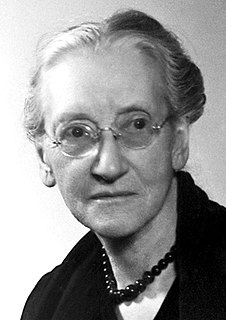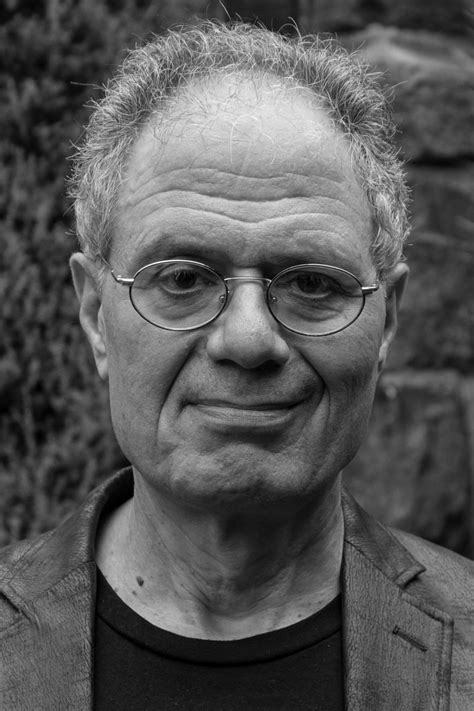A Quote by Emily Greene Balch
A major one which no one can overlook is technological and based on inventions and discoveries which have altered the whole basis of production and deeply affected social relations.
Related Quotes
Unless we do change our whole way of thought about work, I do not think we shall ever escape from the appalling squirrel-cage of economic confusion in which we have been madly turning for the last three centuries or so, the cage in which we landed ourselves by acquiescing in a social system based upon Envy and Avarice. A society in which consumption has to be artificially stimulated in order to keep production going is a society founded on trash and waste.
The first act by virtue of which the State really constitutes itself the representative of the whole of societythe taking possession of the means of production in the name of societythis is, at the same time, its last independent act as a State. State interference in social relations becomes, in one domain after another, superfluous, and then dies out of itself; the government of persons is replaced by the administration of things, and by the conduct of processes of production. The State is not abolished. It dies out.
Modernity is the ensemble of changes - intellectual, political, economic, social, cultural, technological, aesthetic - that have altered the world drastically since roughly the 17th century, until which time the world was, in the above respects, far less different from the world of any previous epoch of recorded history than it is from the world of today. The modern predicament is the set of problems these changes have bequeathed us.



































